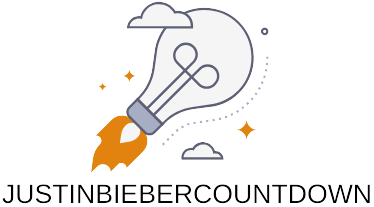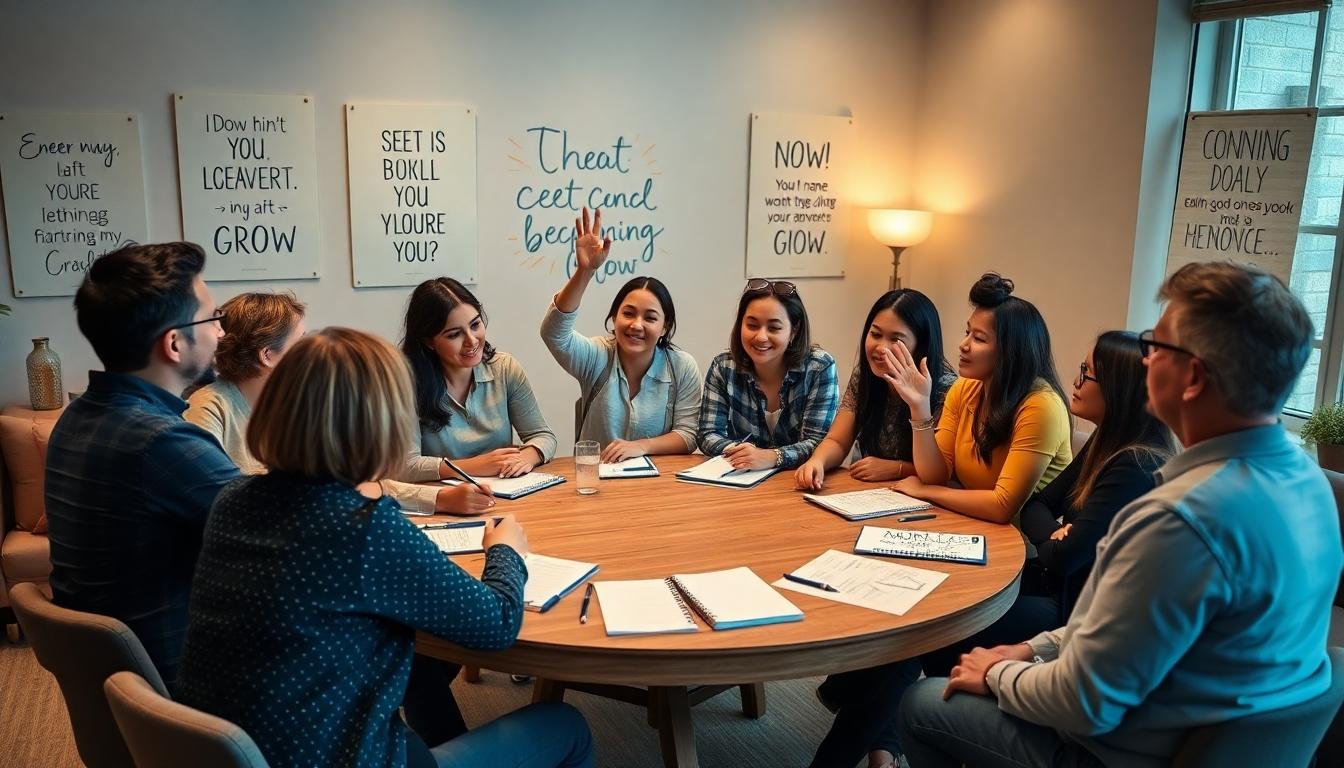Table of Contents
ToggleEver wondered why some people seem to soar while others stumble? The secret often lies in their mindset. Mindset mastery isn’t just a trendy phrase; it’s the key to unlocking personal growth and transforming challenges into opportunities. Imagine flipping the script on setbacks and turning them into stepping stones. Sounds like magic, right?
In a world where self-doubt can feel like a heavy backpack, mastering your mindset can lighten the load. With the right mental tools, anyone can cultivate resilience, boost confidence, and embrace change like a pro. So grab your mental toolkit and get ready to reshape your reality. It’s time to ditch the excuses and step into the growth zone. After all, who wouldn’t want to become the best version of themselves?
Understanding Mindset Mastery
Mindset mastery plays a crucial role in personal growth. It involves the ability to recognize and shape one’s thought patterns, significantly influencing how individuals approach challenges and opportunities.
The Power of a Growth Mindset
A growth mindset fosters the belief that abilities can improve through effort and learning. Embracing this mindset equips individuals with resilience in the face of setbacks. People who adopt a growth mindset often see failures as stepping stones rather than obstacles. In this context, focusing on personal development becomes a priority, leading to enhanced motivation and productivity. Recognizing that skills develop over time encourages continuous improvement and adaptability, essential traits for anyone striving to achieve personal growth.
Fixed vs. Growth Mindset
A fixed mindset indicates a belief that intelligence and talents are static traits. Individuals with a fixed mindset often shy away from challenges, fearing failure and criticism. In contrast, a growth mindset promotes the idea that hard work and perseverance lead to growth. This difference profoundly impacts how people approach learning and development. Those with a growth mindset actively seek challenges, learn from feedback, and persist through difficulties. Understanding and shifting from a fixed mindset to a growth mindset can catalyze significant personal transformation.
Strategies for Mindset Mastery

Mindset mastery involves intentional strategies that lead to personal growth. Implementing effective approaches can significantly influence one’s journey toward self-improvement.
Setting Clear Goals
Goal setting serves as a roadmap for personal growth. Individuals should define specific, measurable, achievable, relevant, and time-bound (SMART) goals. Each goal offers direction, enabling focus on priorities. Achieving smaller milestones promotes motivation and fosters a sense of accomplishment. Reflection on goals helps assess progress and make necessary adjustments. Revisiting these goals on a regular basis ensures alignment with evolving aspirations. Documenting goals enhances commitment, while sharing them with supportive individuals increases accountability.
Embracing Challenges
Facing challenges nurtures resilience and promotes growth. Individuals grow when stepping outside their comfort zones. Each challenge brings opportunities for learning and self-discovery. Adopting a mindset that views obstacles as valuable experiences helps reframe setbacks. Seeking feedback during challenging times encourages continuous improvement. By actively engaging with challenges, individuals develop problem-solving skills. Celebrating small victories along this journey reinforces a positive outlook. Acting with curiosity transforms difficulties into stepping stones toward personal development.
Overcoming Obstacles to Personal Growth
Overcoming obstacles is pivotal for personal growth. Identifying and addressing barriers, especially limiting beliefs, plays a central role in this process.
Identifying Limiting Beliefs
Identifying limiting beliefs is the first step toward transformation. These beliefs often stem from past experiences, negative self-talk, or societal expectations. Challenging these thoughts allows individuals to recognize their value and potential. Common limiting beliefs include thoughts such as “I’m not good enough” or “I can’t change.” By questioning the validity of these beliefs, individuals can replace them with empowering affirmations. Awareness fosters change, encouraging a proactive approach to growth.
Developing Resilience
Developing resilience is crucial for navigating challenges. Resilience enables individuals to bounce back from setbacks and maintain focus on their growth journey. Practicing mindfulness supports emotional regulation, helping to manage stress during tough times. Setting small, achievable goals reinforces a sense of progress. Regularly reflecting on past successes can also build confidence, as it reminds individuals of their capabilities. Embracing change and adapting to new situations further enhances resilience, preparing individuals for future obstacles.
Techniques for Cultivating a Positive Mindset
Cultivating a positive mindset involves practical techniques that promote personal growth and resilience.
Visualization and Affirmations
Visualization creates a powerful mental image of desired outcomes. When individuals visualize success, they enhance motivation and focus. Affirmations serve as positive statements that reinforce self-belief. Daily affirmations help individuals counteract negative self-talk, promoting a sense of empowerment. Practicing these techniques together can significantly influence one’s mindset, steering it towards growth and positivity. Consistently visualizing achievements coupled with affirmations encourages a proactive approach to personal development.
Mindfulness and Reflection
Mindfulness fosters awareness of thoughts and feelings in the present moment. By practicing mindfulness, individuals can identify negative patterns without judgment. Reflection on daily experiences provides critical insights, promoting learning and growth. Keeping a journal can enhance this process, capturing thoughts and emotions after daily events. Engaging in regular reflection allows individuals to recognize progress and areas needing improvement. Each practice supports resilience, encouraging a positive mindset over time.
Mastering one’s mindset is a powerful catalyst for personal growth. By embracing a growth mindset individuals can turn challenges into opportunities and foster resilience. This journey requires intentionality and the willingness to confront limiting beliefs while celebrating progress along the way.
Utilizing techniques like visualization and affirmations helps reinforce a positive outlook. Mindfulness practices enhance self-awareness allowing individuals to navigate their thoughts and emotions effectively. As they commit to this path of growth they not only reshape their reality but also unlock their true potential.
Ultimately mindset mastery isn’t just about overcoming obstacles; it’s about continuously evolving into the best version of oneself. With dedication and the right strategies anyone can embark on this transformative journey toward personal development.






